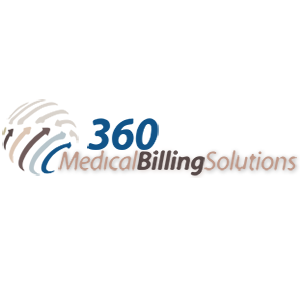Understanding Michigan No-Fault Auto Insurance
Michigan’s no-fault auto insurance system is designed to provide medical coverage and financial protection for drivers involved in accidents, regardless of who was at fault. This system ensures that medical expenses, including Michigan ED medical billing, are covered quickly, reducing the need for lengthy legal battles over liability.
Key Features of Michigan No-Fault Auto Insurance:
- Personal Injury Protection (PIP): Covers medical expenses, rehabilitation costs, and lost wages.
- Property Protection Insurance (PPI): Covers damages to property up to a certain limit.
- Residual Bodily Injury Liability: Protects drivers from lawsuits in specific severe cases.
The Impact on Emergency Department (ED) Billing
The no-fault system has significant implications for emergency department (ED) billing, affecting both hospitals and patients. Understanding these effects can help medical providers optimize their billing processes and ensure compliance with Michigan’s insurance regulations.
Challenges in ED Billing Due to No-Fault Insurance
- Complex Reimbursement Process:
- Hospitals must submit claims to the patient’s auto insurer before billing health insurance.
- Delays often occur due to verification requirements and disputes over coverage.
- Coverage Limitations:
- Recent reforms in Michigan’s no-fault insurance law (effective July 2020) allow policyholders to choose different levels of PIP coverage.
- Lower PIP coverage options can lead to unpaid medical bills, requiring hospitals to seek alternative payment sources.
- Coordination of Benefits (COB) Issues:
- Determining whether auto insurance or health insurance is the primary payer can create confusion.
- Errors in COB can lead to claim denials or payment delays.
Strategies for Hospitals to Navigate ED Billing Challenges
1. Streamlining Patient Intake and Insurance Verification
- Implement automated tools to verify auto insurance coverage at the point of service.
- Train front desk staff to collect accurate insurance information, reducing billing errors.
2. Improving Claims Processing Efficiency
- Utilize specialized medical billing software to handle no-fault insurance claims.
- Ensure accurate documentation of injuries and treatment plans to support claims.
3. Educating Patients on Their Insurance Responsibilities
- Provide clear communication about billing procedures and potential out-of-pocket costs.
- Offer financial assistance programs for patients facing coverage limitations.
Conclusion
Michigan’s no-fault auto insurance system plays a crucial role in covering medical expenses for accident victims, but it also presents challenges for emergency department billing. By understanding these complexities and implementing effective billing strategies, hospitals can navigate these challenges more efficiently.
If you need expert assistance with Michigan ED medical billing, contact 360 Medical Billing Solutions to streamline your billing processes and maximize reimbursements.

Leave a Reply
You must be logged in to post a comment.